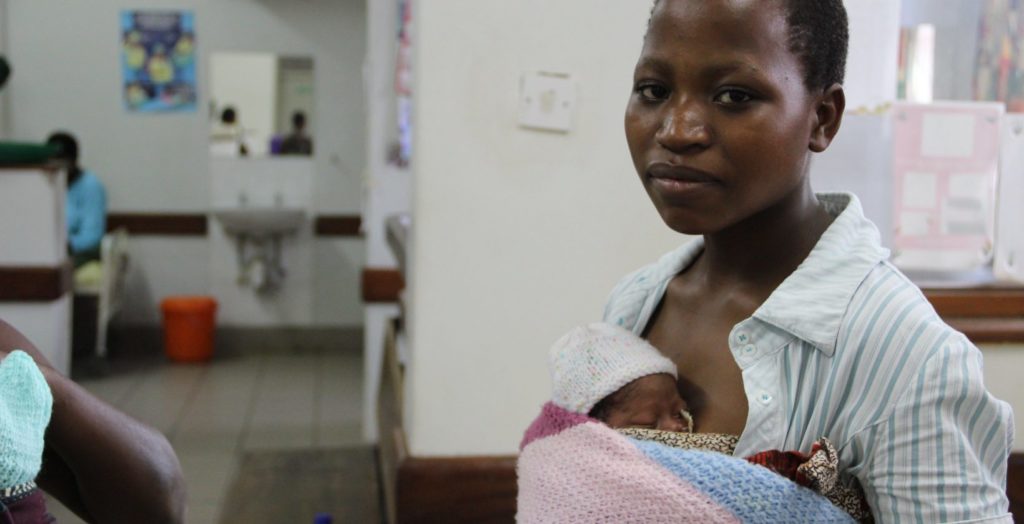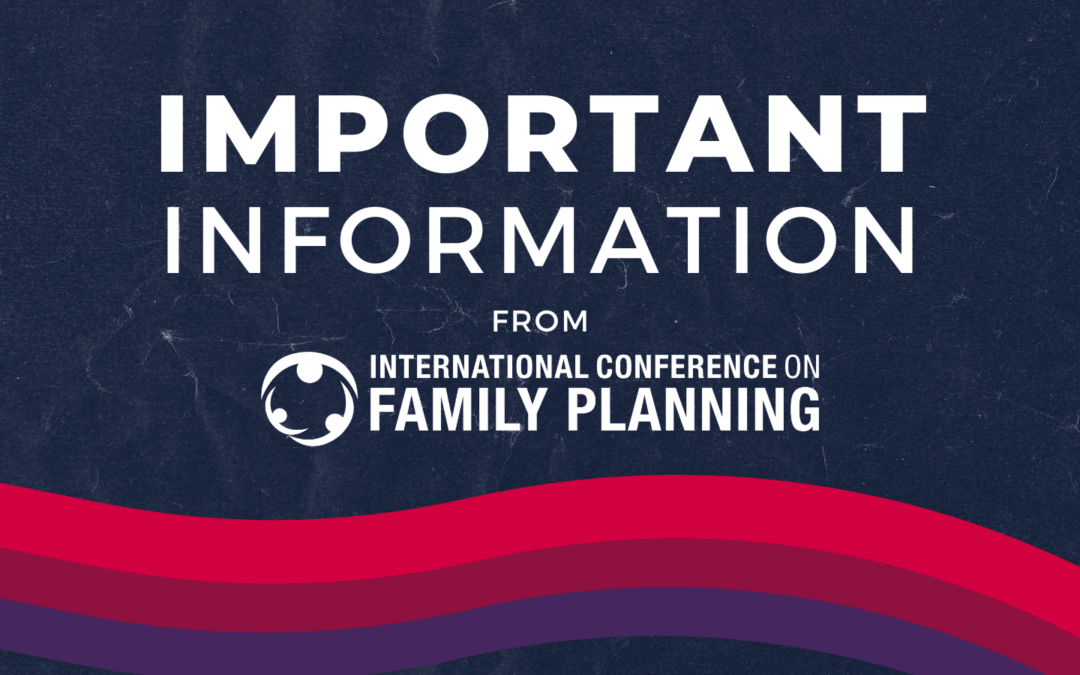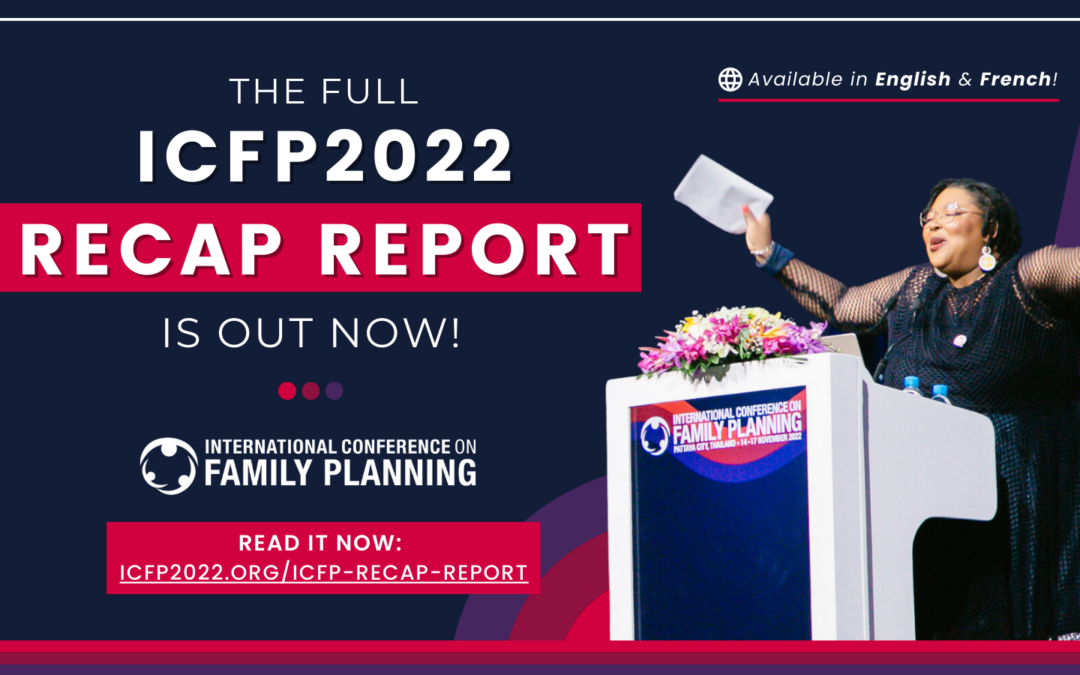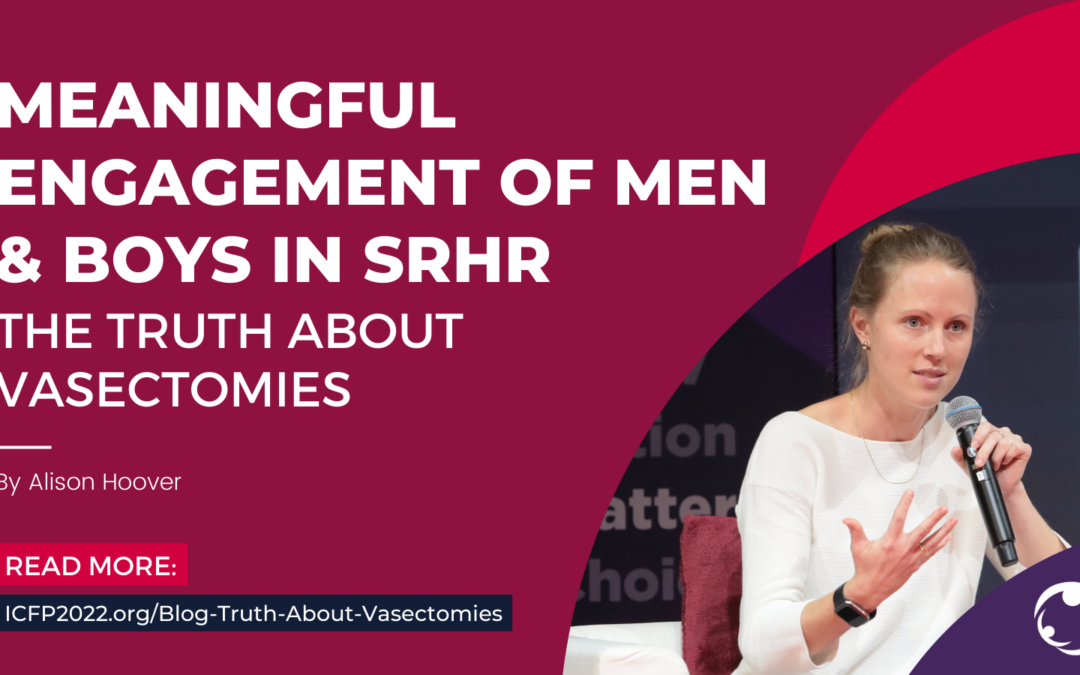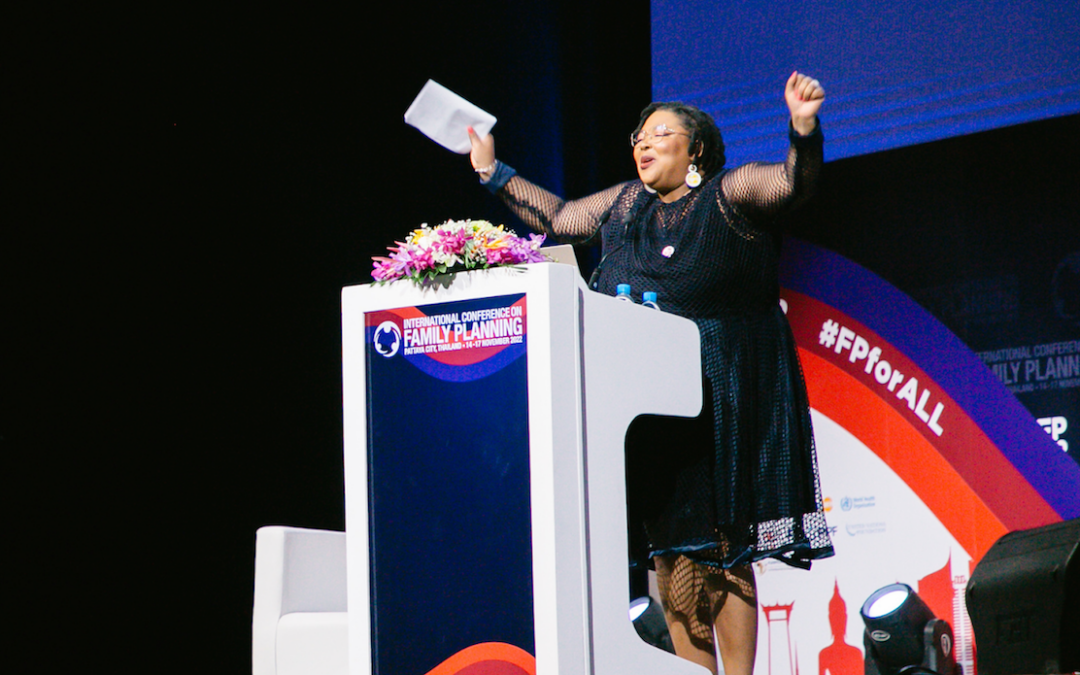By Ellie Brown Fernanda Pinheiro Sequeira Pippa Page – Originally published on itad.com.
The need to rapidly learn from previous experience and evidence on sexual and reproductive health in epidemics is now an urgent task. Members of our health team draw on their expertise in global health security and sexual and reproductive health to share their reflections.
The world is in the midst of a global pandemic for which it was clearly ill-prepared. As we scramble to respond to COVID-19, those who deliver contraception services have warned of the dire consequences for women and girls. MSI has warned that up to 9.5 million women and girls may miss out on contraception during COVID-19 as their services reduce due to the epidemic.
The impact of not being able to access contraception is often more severe than people realise. Women and girls who can’t access contraception may fall pregnant. Pregnancy and child-birth itself is often dangerous and leads to maternal deaths. This is especially true during pandemics, where people may be afraid to go to health centres, or health workers are too busy to attend to women and girls experiencing difficulties in labour. In cases where the pregnancy is not wanted, women and girls may turn to abortion, which is often unsafe and can also result in death. During the Ebola epidemic between 2014 and 2015, between 3,600 and 4,900 women, girls and babies died from lack of access to family planning, childbirth in a health centre or post-natal care in Sierra Leone. This compares to 4,000 deaths from Ebola itself at that time. Preventing indirect deaths can be as important as prevention of the epidemic itself.
So, what can we learn from other epidemics, and what does this tell us about what we need to do to mitigate the potential impact of COVID-19 on the rights of women and girls to access family planning and reproductive health services?
Learning from Zika and Ebola
Both the Zika and the Ebola viruses, and how authorities responded to them, provide interesting insights into how the world might respond to the SRH challenges posed by COVID-19.
Zika, which, although spread mainly through mosquitos, can also be sexually transmitted, didn’t stop women and girls using contraception, while Ebola mostly spread through direct human contact or through touching contaminated surfaces, did. The lessons on women and girls’ needs and vulnerabilities, how they maintain rights to control their bodies and access to SRH services are, however, surprisingly similar.
Advocacy and engagement with policy-makers are needed to ensure that SRH remains a priority and essential service during the epidemic response. During the responses to both Zika and Ebola, the risks for women and girls’ sexual and reproductive rights went up, while the capacity, or perhaps the willingness, of governments to respond to these needs went down. Both had worse impacts on those living in poverty, often in crowded conditions, and were more at risk of contracting the virus. They were also less able to cope with the economic and social shocks. Governments in both cases regarded prevention and surveillance of the epidemic as the priority, and maintaining access to vital health and SRH services was left as an afterthought.
Lessons for COVID-19
Based on these insights, there are a number of recommendations for supporting women and girls sexual and reproductive health during these troubling times. A global epidemic requires a global response and SRH should be part of it. Here are our seven top lessons:
- Involve SRH leaders and providers in COVID-19 government response coordination groups: It is crucial the SRH leaders and providers gain access to COVID-19 coordination groups, so that women and girls’ needs are not forgotten. For example, responses in Africa have ranged from a lockdown of contraceptive services in Nigeria, to a declaration of them as essential services in Ethiopia. Governments should be encouraged to see SRH services as essential during the pandemic – but providers need to be represented in order to do so.
- Maintain supplies of contraception commodities: We can expect an unprecedented pressure on contraceptive commodities. Most of these are made in Asia, but as both China and now India lockdown and face challenges in meeting their own needs, many countries will face shortages, and need to coordinate to ensure that they maintain supplies. India has now banned all exports of any products that contain progesterone, which is one of the main ingredients in contraception.
- Support community-level structures: Ebola taught us that engaging with community level structures is critical. Community health workers are one of the most resilient parts of the health system and we should not miss this opportunity to support them to respond with information, so that they can sign-post women and girls who need contraception to alternative services and encourage them to do so safely. They are also vital in building community engagement to get people to support the Ebola response, and take actions to protect themselves.
- Consider alternative means of delivery: Private sector channels – working with pharmacists, or community-based distributors – could (supply chains allowing) carry on provision, and potentially relieve the pressure from public health centres.
- Encourage innovation: Zika and Ebola both showed that donor funding at times squashed pharmaceutical innovation, focusing fully on the epidemic response and neglecting support to innovation so that essential health services can be maintained through adapting existing models. Self-administered technologies, such as self-injectable contraception like Sayana Press, could be fast-tracked to support maintaining contraceptive use in the time of COVID-19. These may offer a route to safer care in the context of COVID-19, along with pills and condoms, which can be handed over the counter with little client interaction. Innovation in models of delivery, and in pushing out new technologies when they are so drastically needed, is critical at this time.
- Negotiate for sexual and reproductive rights: Epidemics may also present opportunities for pushing for further advancement of rights and access. The Zika epidemic opened up debates about women’s access to abortion in Latin American countries, where abortion rights were already highly restricted. During the coronavirus crisis in the UK, the government has rapidly legalised ‘stay at home’ medical abortions, which campaigners have been demanding for years.
- Build resilience amongst forgotten groups. When we return to our next ‘new normal’, we may return to the question of how we can build resilience. Some people and groups are more resilient during epidemics. The World Bank found that adolescent girls’ were more resilient during Ebola, and were able to keep going to school and maintain their livelihoods. Their critical discussion groups, focused on economic empowerment, proved to be crucial in navigating the epidemic storm.
Will we come to appreciate these lessons by the end of COVID-19? At this time, we need to focus on learning fast so that evaluation can support a more effective response. That will mean adapting our approaches for more rapid (and remote) learning, and being as flexible as we can be to support the evidence needs of those responding. Applying lessons learnt from previous epidemics is a crucial step in the global response to COVID-19.
————–
Article Image: Make mums matter © Credit: DFID

